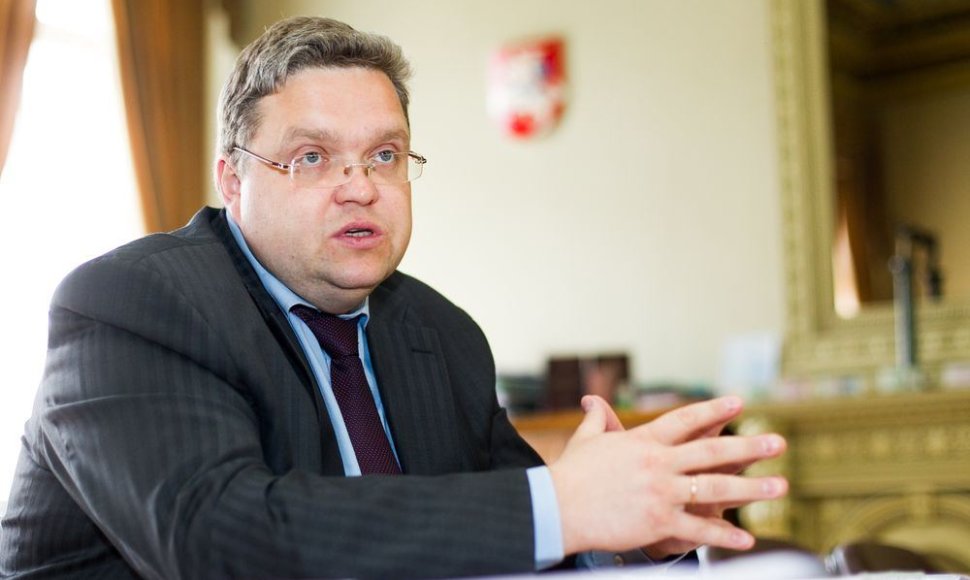Vasiliauskas said that the Lithuanian government, the Ministry of Finance and the Bank of Lithuania agree that January 1, 2015, is a realistic date to become a member of the euro zone.
"I do not see big obstacles," the central bank head told MNI, noting the "bad experience" of 2006, when just slightly above-target inflation dashed Lithuania's hope of being the first Baltic state to adopt the single currency and the country instead became the first EU member state whose euro bid was rejected.
"This time around, inflationary developments look favorable. Our forecast is approximately 1.4 percent for this year and about 1.5 percent for next year, and there are no overheating risks of the kind that kept inflation above the reference target in 2006. So we're well in line with the inflation criterion," he said.
Vasiliauskas also noted that "great progress" was made recently on the fiscal front, with the deficit expected to be close to 3 percent of GDP this year and the government planning to cut it to 1.8 percent next year.
The central bank governor said that Lithuania had no right "to squander" the present opportunity to join the euro zone.
"A second try with a second non-positive outcome would not be acceptable for us. I would not see any big impact of a rejection on our chosen course of strict fiscal discipline and policy measures to improve competitiveness, but reputation is very important for every country and having such a strategic goal as euro adoption, you have to do your homework very carefully," he told MNI.
To adopt the single currency, a country must meet the so-called Maastricht criteria on public finances deficit, inflation, and debt. Lithuania next spring will ask for an official permission to join the euro zone in 2015.
Seventeen of the EU's 28 member states currently have the euro. Estonia introduced the single currency in 2011 and Latvia will do so in early 2014.












